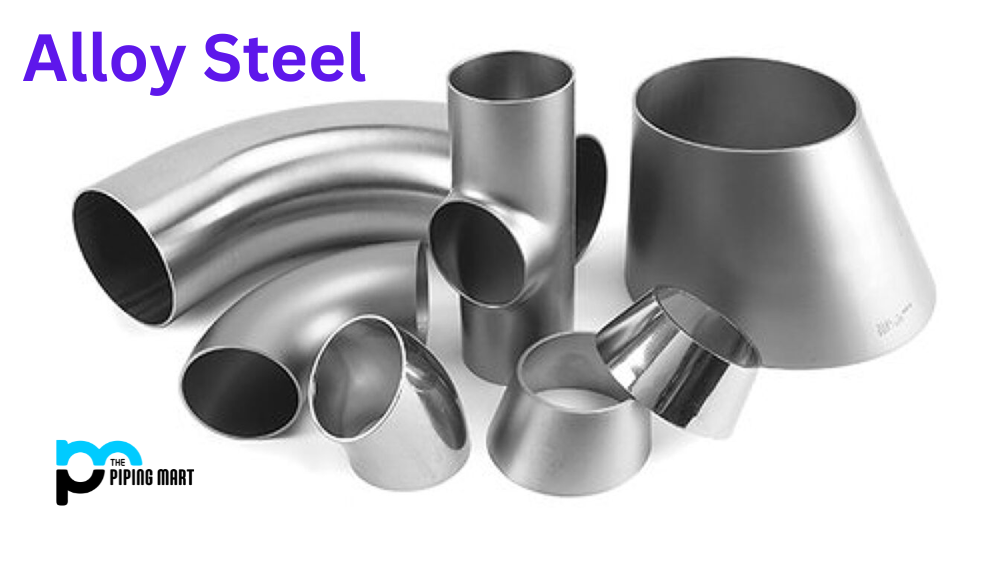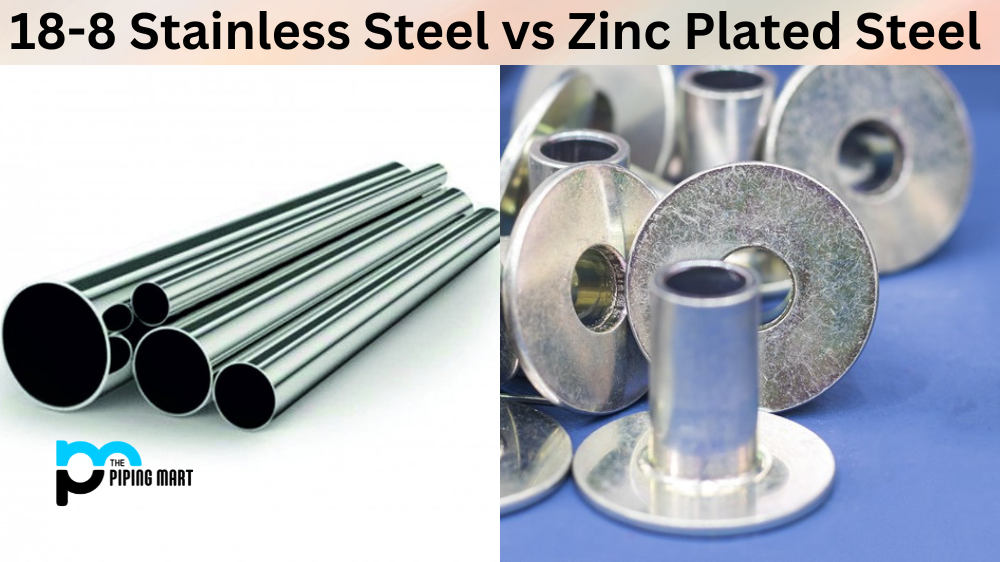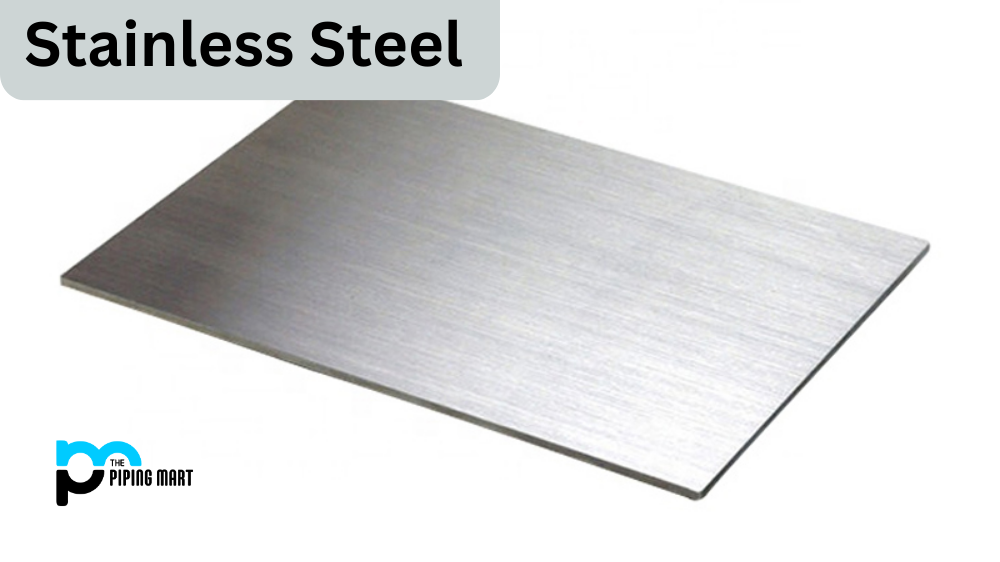Steel is a versatile material used in various industries ranging from construction, transportation, and manufacturing. It comes in different forms and types with different properties, including alloy steel. Alloy steel is a type of steel that contains elements other than carbon, such as manganese, chromium, and copper, to improve its strength, durability, and resistance to wear and tear. In this blog post, we will explore what alloy steel is and its key characteristics that make it a popular choice in different applications.
What is Alloy Steel?
Alloy steel is a type of steel that contains other elements besides carbon to improve its properties. These elements may include manganese, chromium, nickel, copper, and molybdenum. The addition of these elements allows the steel to exhibit specific properties such as increased strength, toughness, and resistance to wear and tear. The amount of alloying elements in the steel determines its properties and suitability for different applications.
Types of Alloy Steel
There are different types of alloy steel, each with unique chemical compositions and applications. Some common types of alloy steel include low alloy steel, high-strength low alloy steel, corrosion-resistant alloy steel, and heat-resistant alloy steel. Low alloy steel contains small amounts of alloying elements and is used in applications such as construction and manufacturing. High-strength low alloy steel contains more alloying elements and has higher strength and toughness, making it ideal for heavy-duty machinery and construction equipment.
Characteristics of Alloy Steel
The key characteristics of alloy steel include high strength, toughness, and wear resistance. Alloy steel with high carbon content is particularly hard and used in applications such as knives and cutting tools. Nickel and chromium add to the alloy’s corrosion resistance, making it suitable for marine and chemical industries. Molybdenum in the alloy steel increases its strength at high temperatures, making it ideal for furnace parts and boilers. Copper in the alloy steel improves its thermal conductivity and electrical properties.
Applications of Alloy Steel
Alloy steel is used in various industries, including construction, transportation, manufacturing, and defence. It is used to make heavy-duty machinery, construction equipment, and high-performance car parts. Heat-resistant alloy steel is used to make furnace parts, boilers, and energy-producing equipment. Corrosion-resistant alloy steel is used in marine and chemical industries to make pipes, valves, and fittings that can withstand harsh environments.
Advantages of Using Alloy Steel
Alloy steel has several advantages compared to other types of steel and materials. It is highly durable and can withstand high pressure, extreme temperatures, and harsh environments. It also has excellent tensile and impact strength, making it suitable for heavy-duty applications. Additionally, alloy steel is relatively easy to shape and weld, making it suitable for different manufacturing and construction processes.
Conclusion:
Alloy steel is a versatile type of steel that contains alloying elements to improve its properties, including strength, toughness, and wear resistance. It comes in different forms and types and is used in various industries such as construction, transportation, manufacturing, and defense. The type and amount of alloying elements in the alloy steel determine its properties and suitability for different applications. With its high durability and excellent tensile and impact strength, alloy steel is an ideal choice for heavy-duty machinery and equipment.
Meet Heer, a dynamic and driven writer learning tricks of her trade in the metal industry. With a background in Digital Marketing, Heer brings a unique perspective to her writing, sharing valuable insights. Apart from blogging she like reading and hiking.




